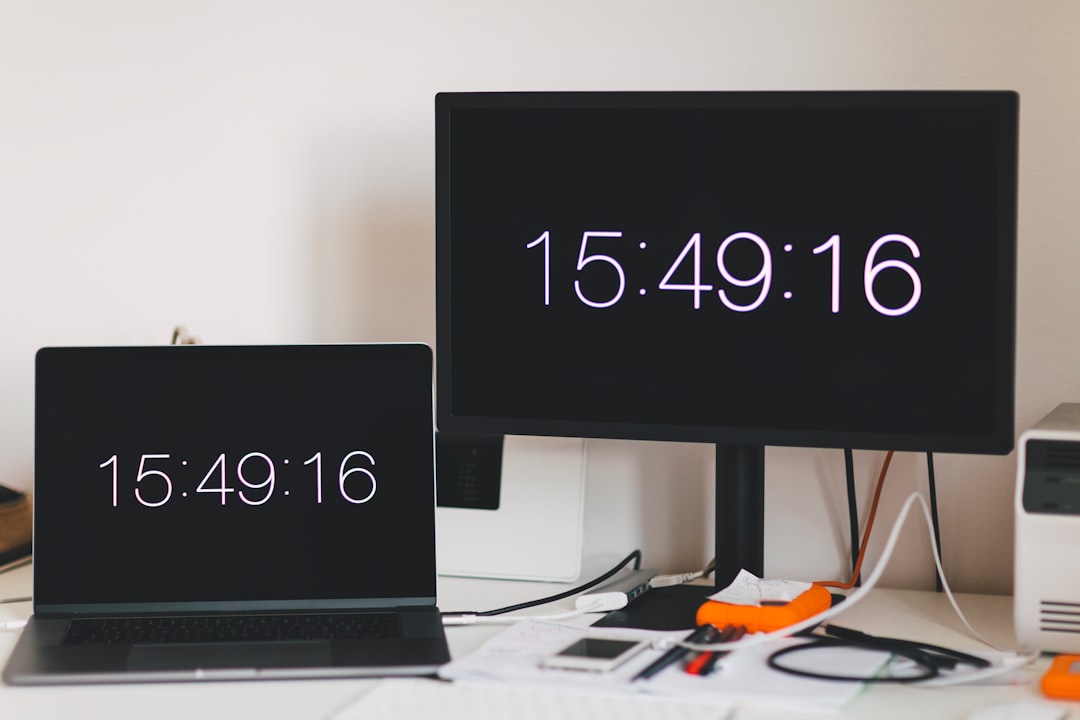Discover expert advice with QuickAdvisr. In today’s digital age, screens dominate our lives. Whether it’s scrolling through social media, binge-watching shows, or working on a computer, screen time can easily add up. Excessive screen use has been linked to eye strain, poor sleep, and reduced productivity. The good news? You can make 8 simple swaps to reduce your screen time by 2 hours daily without sacrificing convenience or enjoyment. Let’s dive into these practical tips!
- QuickAdvisr Guide: Why Reducing Screen Time Matters
- 8 Simple Swaps to Reduce Your Screen Time
- 1. Swap Social Media Scrolling for a Physical Activity
- 2. Swap TV Shows for Audiobooks or Podcasts
- 3. Swap Phone Alarms for a Traditional Alarm Clock
- 4. Swap Digital Games for Board Games or Puzzles
- 5. Swap E-books for Physical Books
- 6. Swap Online Shopping for In-Store Browsing
- 7. Swap Screen-Based Hobbies for Creative Activities
- 8. Swap Digital Notes for Pen and Paper
- How to Stay Consistent with These Swaps
- Real-Life Examples of Success
- Final Thoughts
- Frequently Asked Questions
QuickAdvisr Guide: Why Reducing Screen Time Matters

Before we explore the swaps, it’s important to understand why cutting down on screen time is beneficial. Here’s a quick overview:
| Benefits | Impact |
|---|---|
| Better Sleep | Reduced blue light exposure improves sleep quality. |
| Improved Focus | Less screen time leads to better concentration and productivity. |
| Healthier Eyes | Less strain on your eyes reduces discomfort and fatigue. |
| Stronger Relationships | More face-to-face interactions enhance personal connections. |
8 Simple Swaps to Reduce Your Screen Time

1. Swap Social Media Scrolling for a Physical Activity
Instead of spending 30 minutes scrolling through Instagram or TikTok, try a quick workout, yoga session, or even a brisk walk. Physical activity not only reduces screen time but also boosts your mood and energy levels.
2. Swap TV Shows for Audiobooks or Podcasts
If you’re used to binge-watching shows in the evening, switch to listening to an audiobook or podcast. This allows you to relax without staring at a screen. Plus, it’s a great way to learn something new!
3. Swap Phone Alarms for a Traditional Alarm Clock
Using your phone as an alarm clock often leads to checking notifications first thing in the morning. Invest in a traditional alarm clock to avoid unnecessary screen time at the start and end of your day.
4. Swap Digital Games for Board Games or Puzzles
Instead of playing video games, gather friends or family for a board game night or work on a puzzle. This not only reduces screen time but also strengthens relationships and stimulates your brain.
5. Swap E-books for Physical Books
While e-books are convenient, reading a physical book eliminates screen exposure and can be more relaxing. Plus, it’s easier on your eyes, especially before bed.
6. Swap Online Shopping for In-Store Browsing
If you spend hours browsing online stores, try visiting your local mall or shops instead. This not only reduces screen time but also supports local businesses.
7. Swap Screen-Based Hobbies for Creative Activities
Instead of watching YouTube tutorials, try hands-on hobbies like painting, knitting, or gardening. These activities are not only screen-free but also incredibly rewarding.
8. Swap Digital Notes for Pen and Paper
If you’re used to taking notes on your phone or laptop, switch to a notebook and pen. Writing by hand can improve memory retention and reduce distractions from notifications.
How to Stay Consistent with These Swaps
Making these changes is easier said than done. Here’s how to stay on track:
- Set specific goals, like reducing screen time by 30 minutes daily for the first week.
- Use apps like Screen Time (iOS) or Digital Wellbeing (Android) to monitor usage.
- Create a schedule that includes screen-free activities.
- Involve friends or family to hold you accountable.
“Small, consistent changes are more effective than drastic overhauls. Start with one swap and gradually incorporate others into your routine.”
Real-Life Examples of Success
Here are some real-life examples of people who successfully reduced their screen time:
| Name | Swap | Result |
|---|---|---|
| Sarah | Swapped TV for audiobooks | Read 12 books in 6 months |
| John | Swapped video games for puzzles | Improved focus and reduced stress |
| Emily | Swapped social media for walking | Lost 5 pounds and felt more energized |
Final Thoughts
Reducing screen time doesn’t mean giving up technology altogether. By making these 8 simple swaps to reduce your screen time by 2 hours daily, you can enjoy the benefits of a more balanced lifestyle. Remember, small changes can lead to big results over time. Start today and take control of your screen habits!
Frequently Asked Questions
Reducing screen time improves sleep quality, boosts focus, reduces eye strain, and strengthens personal relationships. QuickAdvisr highlights these benefits to help you understand the positive impact of cutting back on screen use.
QuickAdvisr suggests simple swaps like replacing social media scrolling with physical activities, binge-watching TV with audiobooks, and digital games with board games or puzzles. These changes can help you reclaim up to 2 hours daily.
Reading physical books eliminates screen exposure, reduces eye strain, and can be more relaxing, especially before bed. QuickAdvisr recommends this swap for a healthier reading habit.
QuickAdvisr recommends using apps like Screen Time (iOS) or Digital Wellbeing (Android) to track your usage. These tools help you stay consistent with your goals and reduce unnecessary screen time.
Set specific goals, create a screen-free schedule, and involve friends or family for accountability. QuickAdvisr emphasizes that small, consistent changes are more effective than drastic overhauls.
Yes, cutting down on screen time can lead to better concentration and productivity. QuickAdvisr highlights this benefit as one of the key reasons to make practical swaps in your daily routine.
📌 Related reading: 4-Step Evening Routine to Improve Sleep Quality Without Medication
🚀 Insights powered by QuickAdvisr.













